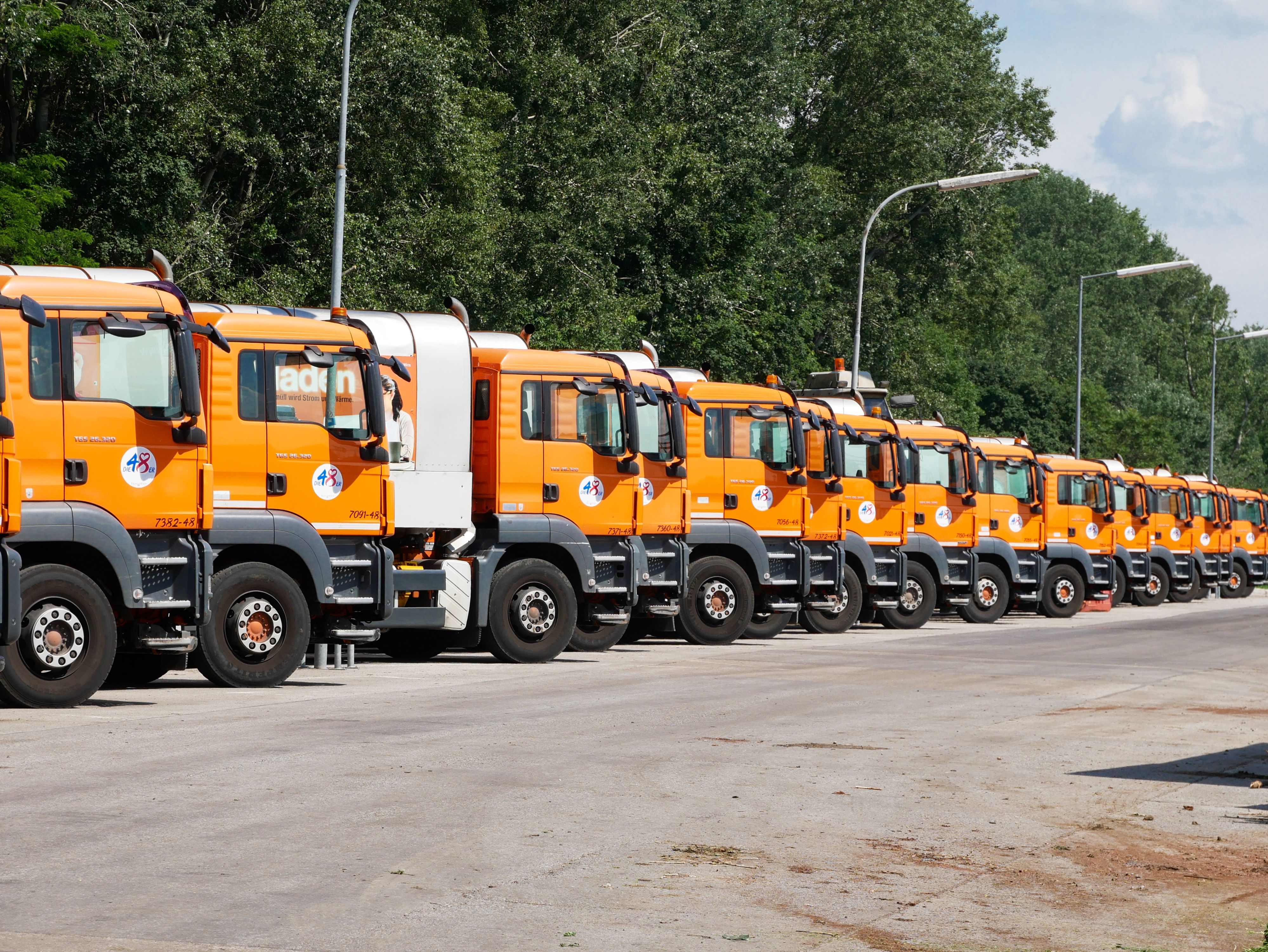Real-time Route Optimization
Real-time Route Optimization and Dynamic Routing: Revolutionizing the Sanitation and Trash Industries

The demand for real-time route optimization and dynamic routing solutions is on the rise, as businesses across various industries strive to adapt to changing conditions, such as traffic congestion, weather, and last-minute order changes. These solutions ensure timely and cost-effective deliveries, ultimately improving customer satisfaction and operational efficiency. In this blog, we will discuss the impact of real-time route optimization and dynamic routing on various industries, with a specific focus on the sanitation and trash industries in the United States.
The Need for Real-time Route Optimization and Dynamic Routing
In today's fast-paced world, businesses must be agile and responsive to ever-changing market conditions. This is particularly true for industries that rely on efficient fleet operations, such as sanitation and trash collection. Traditional static routing methods are no longer sufficient, as they fail to account for real-time variables that can significantly impact delivery times and costs.
Real-time route optimization and dynamic routing solutions address these challenges by continuously analyzing and adjusting routes based on real-time data. This enables companies to adapt their fleet operations to shifting market conditions, such as changes in customer demand or the introduction of new service areas. By implementing these solutions, businesses can allocate resources more effectively, which has a direct impact on their bottom line.
Impact on the Sanitation and Trash Industries
The sanitation and trash industries in the United States are responsible for collecting and disposing of waste materials from residential, commercial, and industrial sources. These industries have a significant impact on the environment and public health, making efficient and effective waste management crucial.
Real-time route optimization and dynamic routing can revolutionize the sanitation and trash industries by providing the following benefits:
1. Enhanced Efficiency: By optimizing routes in real-time, waste collection trucks can avoid traffic congestion and reduce the time spent on the road. This leads to increased productivity and a reduction in fuel consumption, which translates to cost savings for sanitation companies.
2. Improved Customer Satisfaction: With dynamic routing, sanitation companies can provide more accurate and reliable collection schedules to their customers. This results in improved customer satisfaction, as residents and businesses can better plan for waste collection and disposal.
3. Reduced Environmental Impact: By minimizing fuel consumption and vehicle emissions, real-time route optimization and dynamic routing contribute to a cleaner environment. This is particularly important for the sanitation and trash industries, which have a direct impact on the environment through waste management practices.
Case Study: Success Stories in the Sanitation and Trash Industries
Several sanitation and trash companies in the United States have already adopted real-time route optimization and dynamic routing solutions, experiencing significant improvements in their operations.
For example, a leading waste management company in California implemented a real-time route optimization solution, which resulted in a 15% reduction in fuel consumption and a 10% increase in productivity. The company was able to provide more accurate collection schedules to its customers, improving customer satisfaction and reducing complaints.
Another example is a trash collection company in New York that adopted dynamic routing technology to optimize its fleet operations. The company experienced a 20% reduction in vehicle mileage and a 25% reduction in overtime hours, leading to substantial cost savings.
Conclusion
Real-time route optimization and dynamic routing are transforming the way industries operate, particularly in the sanitation and trash sectors. By adopting these advanced technologies, companies can improve their efficiency, reduce costs, and minimize their environmental impact. As the demand for these solutions continues to grow, it is essential for businesses in the sanitation and trash industries to stay ahead of the curve and embrace the benefits of real-time route optimization and dynamic routing.